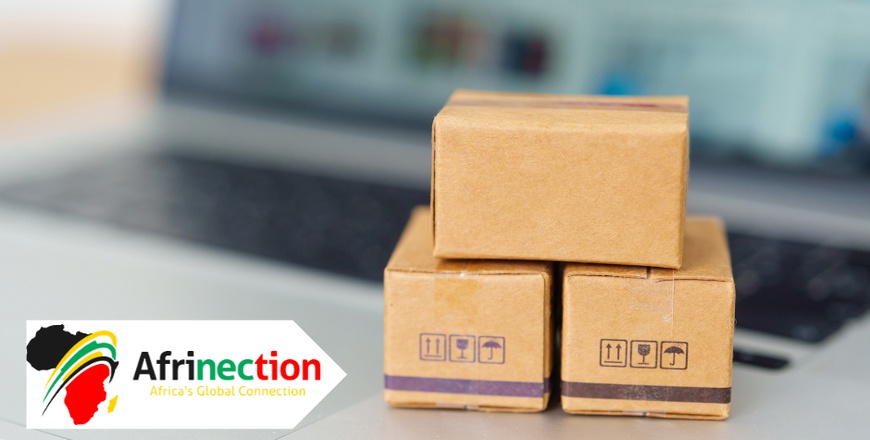Did you know that it is estimated that Africa will have 438 million mobile broadband users by 2030? Or that online spending in Africa is projected to reach $75 billion by 2025 according to McKinsey?
Additionally, the International Trade Administration has noted that by 2025, Africa is expected to have over 500 million eCommerce users, contributing an estimated $180 billion to the region's GDP. This growth is largely driven by the proliferation of mobile Internet, with projections indicating that 61% of connections in Africa will be on smartphones by 2025.
Here are some more key trends to look out for:
Localised Payment Solutions
In Africa, retailers increasingly adopt cashless networks and mobile money services tailored to regional preferences. These include M-Pesa in Kenya, and Tanzania, which allows users to conduct transactions seamlessly and securely via mobile phones.
Another example is Orange Money in West and Central Africa, which offers mobile financial services like money transfers, bill payments, and airtime top-ups.
These localised payment solutions enhance customer trust and streamline the purchasing process, making online transactions more accessible and convenient for African consumers.
Social Commerce
Businesses are leveraging platforms such as Instagram and TikTok to engage with consumers directly and drive sales through innovative marketing strategies. For instance, Jumia, a leading African e-commerce platform, uses Instagram and Facebook to showcase products, run promotions, and interact with customers.
Social commerce strategies like these allow businesses to create content that resonates with local audiences and drive sales through direct engagement on platforms that are widely used in Africa.
Omnichannel Retailing
Many eCommerce businesses are adopting an omnichannel approach, blending online and offline experiences.
An example is popular online retailer Takealot, based in South Africa, which opened physical pick-up points and has partnered with local food delivery platform Mr Delivery to expand its reach in product delivery.
Rapid Delivery and Logistics Innovations
As consumer expectations evolve, African e-commerce businesses are partnering with efficient logistics providers to offer quick and reliable delivery options.
Local logistics startups such as Sendy in Kenya and Parcel-it in Nigeria developed innovative last-mile delivery solutions to reach customers in remote areas, for instance.
It is clear that the potential for eCommerce in Africa is limitless, and as more consumers gain access to the Internet and digital payment systems, businesses can tap into new markets and expand their reach.







Psygon Services on Cleantech businesses to watch in 2024
John Dou Dou on Being Your Own Boss - Part 2
Friends for upcoming artist ltd on Crypto Fest 2022 Hosted by Bitcoin Events
ignatious mukombwe on Being Your Own Boss - Part 3
Muhondo Organic Farming Center on Woman power: Top 5 female change-makers in West Africa
Muhondo Organic Farming Center on Woman power: Top 5 female change-makers in West Africa
Muhondo Organic Farming Center on African Development Bank: Boosting African farming doesn't require aid but investing in agripreneurs
Warren Adams on Secure funding for your start-up like a pro: five tips
AfriTech Hub on AfriTech Hub: Increasing the STEM Workforce
TOBAINO FOODS on What does it take to be a millennial entrepreneur?